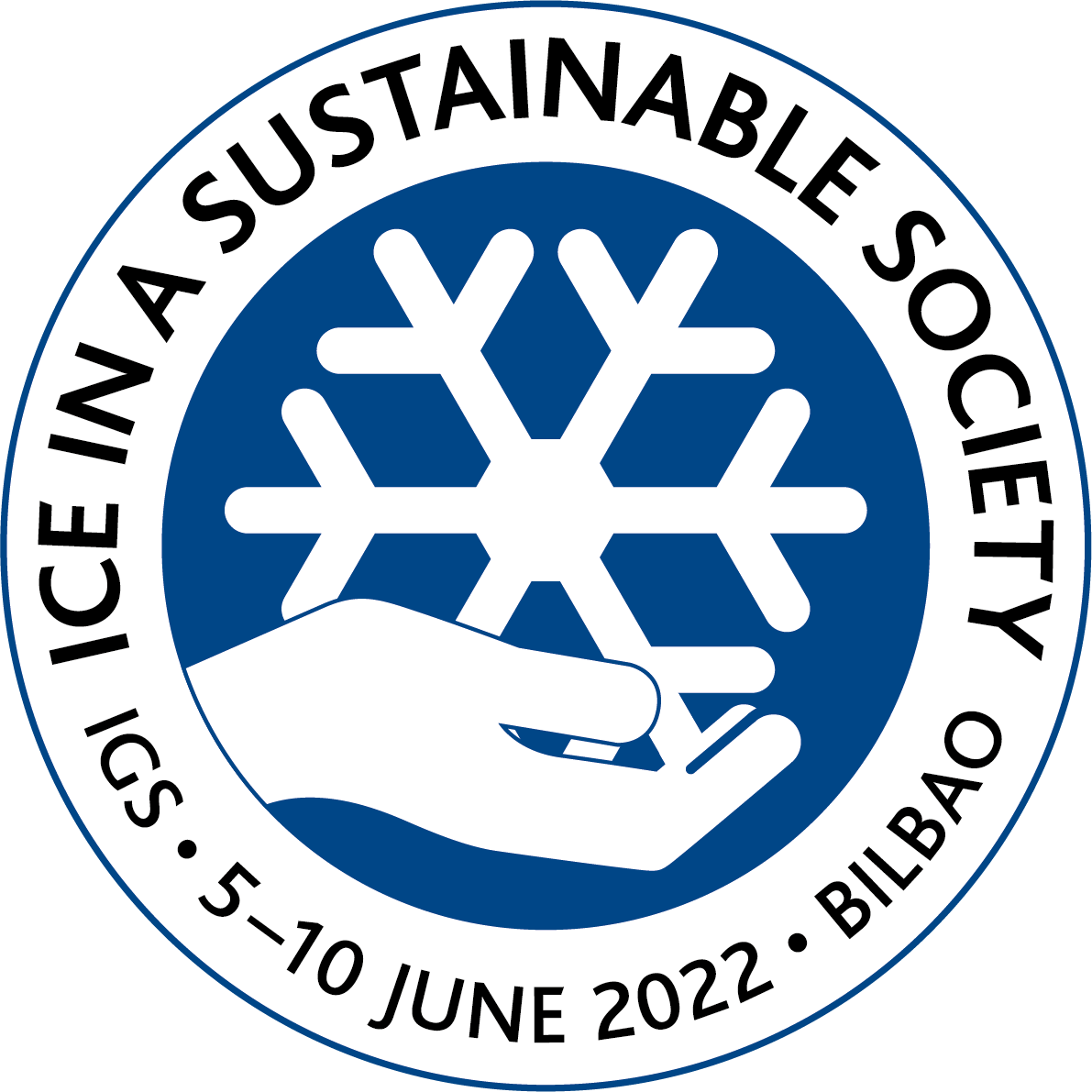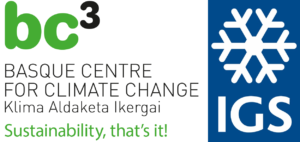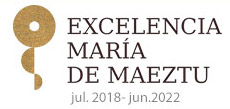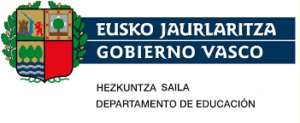Panel discussions & other activities
J. M. Lazkano: Arctic collection & film
JESUS MARI LAZKANO is a distinguished Basque painter. He graduated in fine arts from the University of the Basque Country, where he was Professor of Fine Arts, and has had exhibitions in Europe, America and Asia. Some of his work is part of the Bilbao Guggenheim Museum collection.
During the month of June (2017) he immersed himself in an Arctic Expedition by The Arctic Circle New York Foundation alongside scientists, filmmakers and artists, in order to explore the extreme landscapes from a sublime point of view.
During the ISS Symposium, J.M. Lazkano will exhibit his works made on that expedition, as well as his short film Artiko [Trailer: Vimeo (eng); Youtube (spa)].
Artistic works from Salt Road agency
Salt Road is a visual artist agency and project space based in the West Midlands. Established in 2003 by artist curators Jaime Jackson and Dr. Sally Payen, Salt Road commissions artists and works with partner organisations, on social and environmental art programs.
During the ISS Symposium, Jamie and Sally will exhibit several artistic works related with ice and the climate and ecological emergency.
Artistic works from the UPV/EHU artists
Artistic works from the Faculty of Fine Arts of the University of the Basque Country (UPV/EHU) related to ice and water.
Panel discussion: IPCC Past, Present and Future
Panel discussion: IPCC Past, Present and Future
A roundtable discussions with IPCC authors and experts.
The Intergovernmental Panel on Climate Change (IPCC) has been the lighthouse of global and regional climate policymaking for decades. In the current, Sixth Assessment (AR6) Cycle, the IPCC has been producing an unprecedented number of reports, including three Special Reports, a Methodology Report, and the voluminous Sixth Assessment Report consisting of three Working Group Contributions and a Synthesis Report. This reflects IPCC’s continual evolution and adaptation to the world’s needs with the rising climate crisis. As the AR6 cycle comes to an end, the world has already warmed 1.1 °C and the Paris Agreement ultimate goal of limiting global warming to 1.5 °C by the end of the century is becoming increasingly out of reach. The next IPCC cycle, AR7, will likely conclude around 2030, in a time when the decisions to limit —or not— warming to 1.5 °C will already have been made. This raises a number of questions, like e.g.: What may change in the next IPCC cycles (AR7, AR8, etc.) in a world where the best futures could be getting crossed off the list of possibilities? What could be IPCC’s next steps to climate communication to society, now that the AR6 has already declared indisputable that human activities are causing climate change? What will be the role of the cryosphere in the next IPCC cycles? These and other related questions will be discussed with the audience in this panel.
Panel discussion: Transdisciplinary glaciology and social responsibility
Panel discussion: Transdisciplinary glaciology and social responsibility
A roundtable discussions with experts in several fields.
The adjective “transdisciplinary” has become a buzzword echoed by researchers and funding agencies alike, often invoked for the mere purpose of fancying up their projects and programmes. This is one reason why its definition is still disputed. Here we adopt Repko’s (2012) definition of “transdisciplinary” as that which is at once between the disciplines, across different disciplines, and beyond all disciplines, where “discipline” stands not only for academic fields, but also stakeholder views. Performing true transdisciplinary research is in practice a nightmare, not only because of its intrinsic complexity, but above all because funding agencies are often not prepared or willing to evaluate and support truly transdisciplinary projects. Notwithstanding, it is widely recognized that transdisciplinary research is crucial for the solution of complex climatic and environmental problems. In this panel we will discuss how true transdisciplinarity may be achieved, how valuable it may be for glaciology, and which social implications and responsibilities it may entail.
Panel discussion: Moving Ice
Panel discussion: Moving Ice
A roundtable discussions with Arctic humanists and glaciologists from the pre-symposium workshop.
Scientific approaches to understanding the cryosphere—whether polar, mountainous, permafrost, sea, or extraplanetary—predominantly organize ice and snow as data. Ice is rendered knowable via modes of attention and techniques made possible by things like samples, cores, drones, satellites, and models. Such approaches, fundamental and important though they are, nevertheless also shape glacial imaginaries and their geographical contexts in ways that often render ice as asocial and ahistorical. This matters for how the ethical and political demands of our environmental present are addressed. If we approach icy environments with knowledge shorn of social, historical, and cultural context, we risk generalizing ethical and political responses to challenges like anthropogenic melting and thawing in ways that neglect specificities of place, people, and the processes driving glacial change. But, does glaciology have an ethical or political responsibility to these contexts? Indeed, how might we define Glaciology’s special responsibilities to society? The unprecedented acceleration of glacial retreat and melting means that the discipline of glaciology has acquired a special status as expert spokesmen and spokeswomen for ice. And yet, arguably, the challenge in discussing glaciologists’ social responsibility is that the significance of their subject becomes unbounded. Peoples on every continent inhabit ecologies defined by their proximity to present and past ice formations, whether glaciers, ice sheets, permafrost, or sea ice. To explore the obligations and limits of professional responsibility is also to ask in what ways glaciological knowledge producers have a social responsibility to both the diversity of icy worlds and to the ways by which icy knowledge is generated? Who counts as a glacial knowledge maker? How is what counts as glacial knowledge produced and shared? Who has access to it? If, like the earth sciences as a whole, glaciology has a long association with debates about moral responsibility, the question we invite glaciologists to consider is less one of where and how to begin, but rather to share in reflecting on which social needs and hazards to be allied with. Chaired by physical and social scientists, together with invited guests, the panel invites conference participants to reflect upon and share how they navigate the ethics, politics, and perhaps even aesthetics of making glaciological science.





